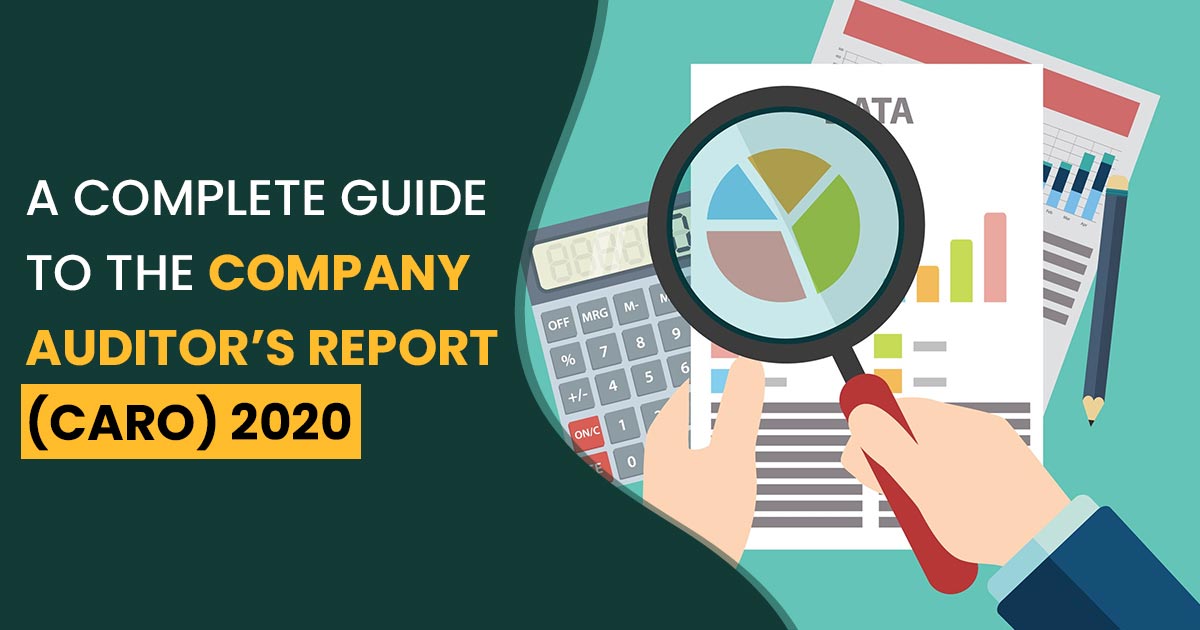
What is CARO?
Sec 143(11) of the Companies Act, 2003 requires that the auditor’s report of specified companies should include a statement on the prescribed matters. These reporting requirements have been prescribed under the Companies(Auditor’s Report) Order, 2020.
Latest Update
- The Companies (Auditor’s Report) Order, 2020 (CARO 2020) is a comprehensive reporting framework. The MCA has notified Companies (Auditor’s Report) Order, 2020 (CARO 2020) on 25 February 2020, which replaces the earlier CARO 2016 with the objective to enhance accountability & audit quality to provide more detailed statements on specific financial & operational matters of the company.
CARO 2020 Applicability
It shall apply to every company, including a foreign company as defined in clause (42) of section 2 of the Companies Act, 2013 (18 of 2013) [hereinafter referred to as the Companies Act], except–
- A banking company as per clause (c) of section 5 of the Banking Regulation Act, 1949 (10 of 1949);
- An insurance company as per the Insurance Act,1938 (4 of 1938);
- A company licensed to operate under section 8 of the Companies Act;
- A One Person Company as per clause (62) of section 2 of the Companies Act and a small company as defined under clause (85) of section 2 of the Companies Act; and
- A private limited company, not being a subsidiary or holding company of a public company, having a paid-up capital and reserves and surplus not more than rupees one crore as on the balance sheet date and which does not have total borrowings exceeding rupees one crore from any bank or financial institution at any point of time during the financial year and which does not have a total revenue as disclosed in Schedule III to the Companies Act, 2013 (including revenue from discontinuing operations) exceeding rupees ten crore during the financial year as per the financial statements.
Following are Matters that required to be included in the Auditor’s Report?
1. Details of Property, Plant & Equipment and intangible assets
The following matters should be included in the Auditor’s Report relating to the Assets of the company:
- Proper Records: Whether the company has maintained proper records showing full particulars, including quantitative details and the situation of Property, Plant and Equipment.
- Physical Verification: Whether such assets have been physically verified by the management at reasonable intervals. Such intervals may vary from asset to asset. Whether any discrepancies came to the notice during the verification, and if so, whether the same have been properly dealt with in the books of the accounts.
- Title Deeds: Whether the title deeds of the immovable property are in the name of the company. If not, provide the details thereof.
- Whether the Company has revalued its Property, Plant and Equipment (including Right of Use assets) or intangible assets during the year.
- Whether the company has revalued its Property, Plant and Equipment (including Right of Use assets) or intangible assets or both during the year and, if yes, whether the revaluation is based on the valuation done by a Registered Valuer. specify a change in amount, if the change is more than or equal to 10% in the aggregate of the net carrying value of each class of Property, Plant and Equipment or intangible assets.
- Whether any proceedings have been initiated or are pending against the company for holding any benami property under the Benami Transactions(Prohibition) Act, 1988 (45 of 1988), and rules made thereunder.
2. Details of Inventory
The following matters should be included in the Auditor’s report relating to the Inventory of the company:
- Whether physical verification of the inventory has been made at regular intervals by the management, and during such verification, if any discrepancies of 10% or more in the aggregate for each class of inventory were noticed, then ensure that they have been properly dealt with in the books of account.
- Whether during the year the company has taken any working capital limits in excess of five crore rupees, in aggregate, from banks or financial institutions based on security of current assets.
3. Details of investments, any security or guarantee or loans or advances
Whether the company has made any investment in and provided any guarantee or security to companies, firms, LLP or any other parties.
However, if the company has granted loans to above mentioned parties, then below information should be furnished:
a) (A) The aggregate amount during the year and balance outstanding at the end of the balance sheet date in respect to loans and advances to subsidiaries, joint ventures and associates.
( B) The aggregate amount of loans and advances to other parties during the year & the balance outstanding at the end of the balance sheet date of loans and advances to other parties.
b) Whether the terms and conditions of loans and advances granted by companies are not prejudicial to the company’s interest.
c) Whether in respect of loans and advances granted by the company, the schedule of repayment of principal and payment of interest has not been stipulated. However, the receipts are regular.
d) If any amount is overdue, then state the total amount overdue for more
than 90 days, if so, whether reasonable steps have been taken by the company for the recovery of the principal and interest amount.
e) Whether any loan or advance, like a loan granted, which have become due during the year, have been renewed, extended, or settled by granting a new loan to the same parties, if such a condition arises, specify the aggregate amount of such dues renewed or extended or settled by granting a new loan, and the percentage of the aggregate to the total loans or advances like loans granted during the year (This clause not applicable to companies whose principal business is to give loans).
f) Whether the company has granted any loans or advances, like as loans that are repayable on demand or without specifying any terms of the period of repayment, if such a loan exists, disclose the aggregate amount, the total loans granted, aggregate amount of loans granted to Promoters, related parties as defined in clause (76 of section 2 of the Companies Act, 2013.
4. Compliance in respect of a loan to directors (Sections 185& 186)
Whether the company has complied with provisions of Sections 185 and 186 of the Companies Act in respect of loans granted by it & if not, whether details are provided.
5. Compliance in respect of deposits
In case the company has accepted any deposits, whether the following points have been taken care of :
- Directives issued by the Reserve Bank of India (RBI)
- Provisions under sections 73 to 76
- Orders passed by CLB, NCLT, RBI or any other court or tribunal.
Reasons for contraventions should be stated if any of the above are not complied with.
6. Maintenance of cost records
Whether the Cost records under Section 148(I) of the Companies Act, 2013, have been made and maintained
7. Deposit of statutory dues
The following points should be reported for statutory dues and disputes of taxes and duties:
A. Auditor report on whether the company is regular in depositing undisputed statutory dues, including Goods and Services Tax, provident fund, employees’ state insurance, income-tax, sales tax, service tax, duty of customs, duty of excise, value added tax, cess and any other statutory dues to the appropriate authorities and if not, specify the extent of the arrears of outstanding statutory dues for a period of more than six months from the date they became payable.
B. where statutory dues referred to in sub-clause (a) have not been deposited on account of any dispute, then specify the amounts involved and the forum where the dispute is pending (a mere representation to the concerned Department does not all not be treated as a dispute);
8. Unrecorded Income
Whether in the records of the company, if the company has surrendered or disclosed any transaction, previously unrecorded as income in the book of account, in the tax assessments under the Income Tax Act, 1961 (43 of 1961), then the company shall specify the unrecorded income during the year.
9. Default in repayment of borrowings
- Specify whether the company has defaulted in repayment of loans or other borrowings or in the payment of interest.
- Provide the details on whether a company is a willful defaulter.
- Whether term loans were applied for the purpose for which the loans were obtained.
- Whether funds raised for short-term purposes have been used for long-term purposes by the company.
- Whether the company has taken any funds to meet obligations of subsidiaries, associates, or joint ventures. Whether loans were raised on the pledge of securities held in subsidiaries or joint ventures.
10. Funds raised and utilisation
- Whether money raised by the company through IPO or other public offers (including debt) was applied for the purpose they were raised, if not, details altogether with the default should be stated.
- Whether the company has made any preferential allotment or private
placement of shares, or fully convertible debentures during the year.is so, whether they are in compliance with all requirements.
11. Fraud & whistle-blower complaints
- Whether any fraud by the company or on the company has come to notice or been reported during the year; if yes, nature and amount involved.
- Whether any such report has been filed with the Central Government.
- Whether any whistle-blower complaints were received by the company.
12. Nidhi Company
Whether the Nidhi company has complied with the Net Owned Funds to Deposits in the Ratio 1:20 to meet the liability, and whether these companies are maintaining 10 % unencumbered term deposits as specified in the Nidhi Rules, 2014, to meet the liability. Whether there is any default in repayment of deposits.
13. Compliance on transactions with related parties
Whether all the transactions with the related parties are in compliance with sections 177 and 188 of the Companies Act 2013, and details have been disclosed in the financial statements as required by applicable accounting standards.
14. Compliance with the Internal Audit System
- Whether the company has an internal audit system corresponding to the size and nature of its business.
- Whether the auditor has considered the reports of the internal audit.
15. Non-Cash Transactions
Whether the company has entered into any non-cash transactions with the directors or the persons connected with them, if so, whether they are in compliance with Section 192 of the Companies Act 2013. If not, state the non-compliance.
16. Registration U/S 45 –IA of Reserve Bank of India Act, 1934
- Whether the company is required to be registered under the sec 45-IA of the Reserve Bank of India, 1934. And if yes, whether the registration has been obtained or not.
- Whether the company has conducted any Non-Banking Financial or Housing Finance activity without a valid certificate of registration from the RBI, as per the Reserve Bank of India Act, 1934.
- Whether the company is a Core Investment Company (CIC), as defined in the regulation made by the Reserve Bank of India.
17. Cash losses
Whether a company has incurred any cash losses in the current financial year
and in the immediately preceding financial year.
18. Resignation of statutory auditors
Whether there have been any resignations of statutory auditors during the year, and no issues, objections, or concerns have been raised by the previous (resigning) auditor.
19. Material uncertainty on meeting its liabilities
Specify whether the company is capable of meeting its existing liabilities at the balance sheet date within one year from that date, based on financial ratios, ageing of assets/liabilities, and expected date of realisation of financial assets and payment of financial liabilities & other information.
20. Transfer to the fund specified under Schedule VII of the Companies Act, 2013 (CSR)
Whether CSR obligations under Section 135 have been fulfilled. Whether
there is any amount unspent under subsection (5) of section 135 of the act pursuant to any project. If unspent amounts do not relate to ongoing projects, such unspent amount is transferred to a Fund specified in Schedule VII within six months of the end of the financial year.
21. Qualifications or adverse auditor remarks in other group companies (Consolidated Financial Statement)
Whether there have been any qualifications or adverse remarks in the CARO
Reports of subsidiary companies, associates, or joint ventures included in the consolidated financial statements; if yes, the auditor must indicate the details of such a qualification or adverse remarks.
ICAI’s Guidance Note on CARO 2020 by MCA
CARO 2020 was issued by the Ministry of Corporate Affairs (MCA) under Section 143(11) of the Companies Act, 2013. It applies to audits of financial statements for financial years beginning on or after 1 April 2021. The Institute of Chartered Accountants of India (ICAI) issued the Guidance Note on CARO 2020 to help auditors understand, interpret, and implement each clause of CARO correctly and uniformly.
Difference Between CARO 2016 & CARO 2020
| CARO 2016 | CARO 2020 |
|---|---|
| Fixed Assets, Clause 3(i) | Retained with some changes |
| Details of Property, Plant & Equipment and intangible assets | Retained |
| Inventory, Clause 3(ii) | Retained with some changes |
| The loan is given by the company, Clause 3(ii) | Deleted |
| Loans and Investments, Clause 3(iv) | Loan Guarantee Security |
| Deposits, Clause 3(v) | Retained |
| Cost Records, Clause 3(vi) | Retained |
| Statutory Dues Clause 3(vii) | Retained with some changes |
| Repayment of Loans, Clause 3(viii) | Retained with some changes |
| Utilization of IPO and other Public Offer, Clause 3(ix) | Retained with some changes |
| Stating Of Fraud, Clause 3(x) | Retained |
| Approval of Managerial Remuneration, Clause 3(xi) | Deleted |
| Nidhi Company, Clause 3(xii) | Retained with some changes |
| Related Party Transactions, Clause 3(xiii) | Retained with some changes |
| Private Placement or Preferential Issues, Clause (xiv) | Retained with some changes |
| Non-Cash Transactions, Clause 3(xv) | Retained |
| Register Under RBI Act 1934, Clause 3(xvi) | Retained with some changes |
– | Unrecorded Income |
| – | Internal Audit |
| – | Resignation of Auditors |
| – | Material uncertainty on meeting liabilities |
| – | Cash losses |
| – | Transfer to fund specified under Schedule VII of Companies Act, 2013 |
| – | Qualifications or adverse auditor remarks in other group companies |




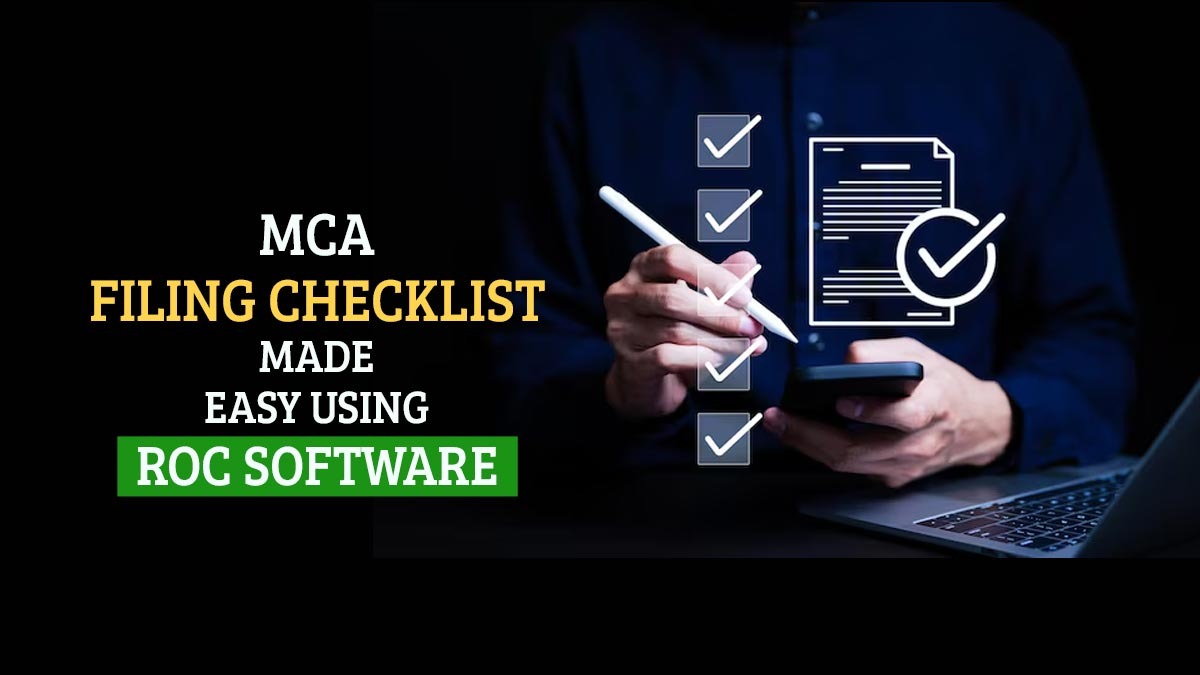
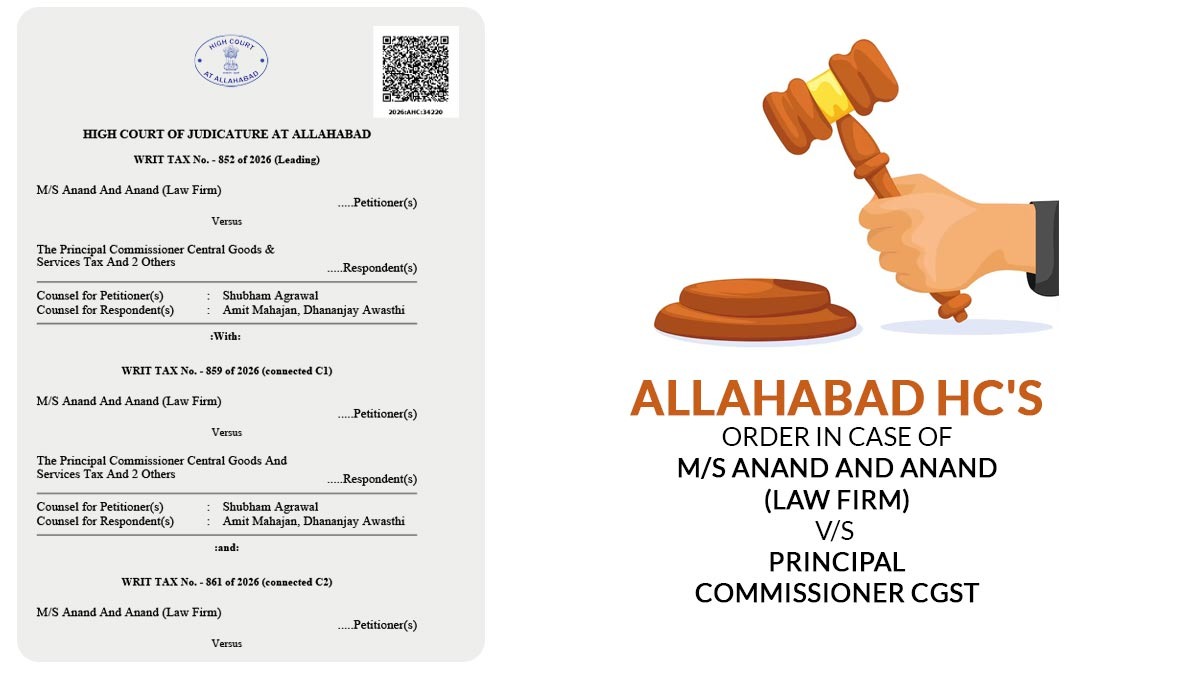
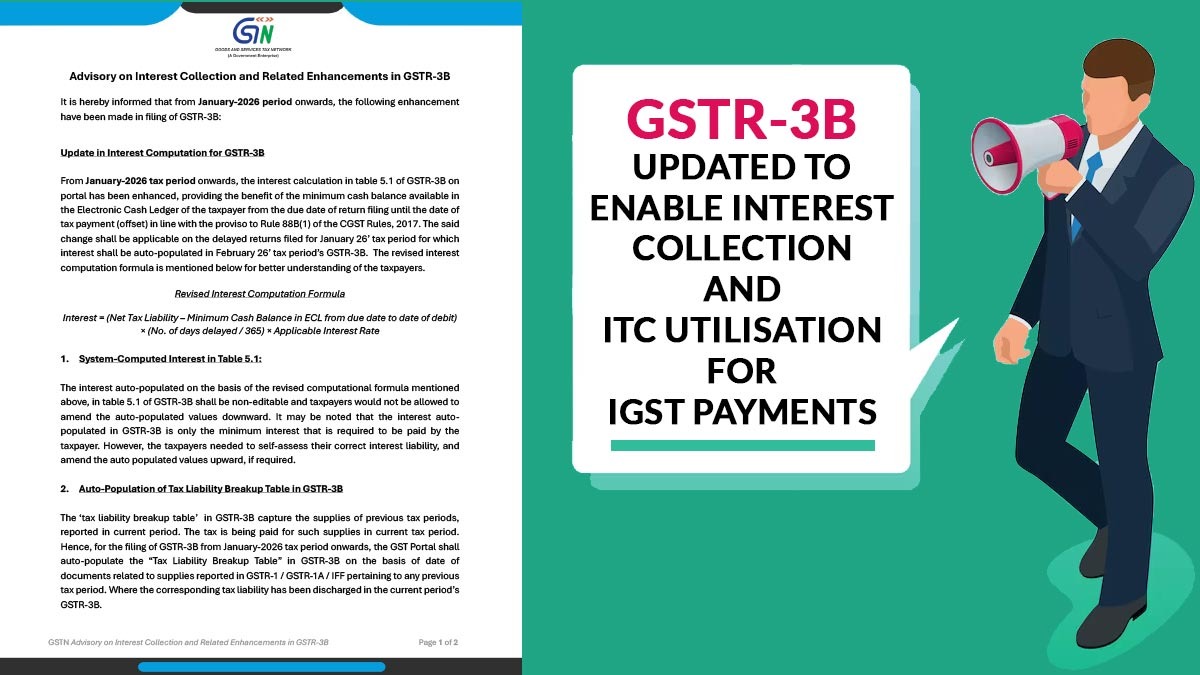
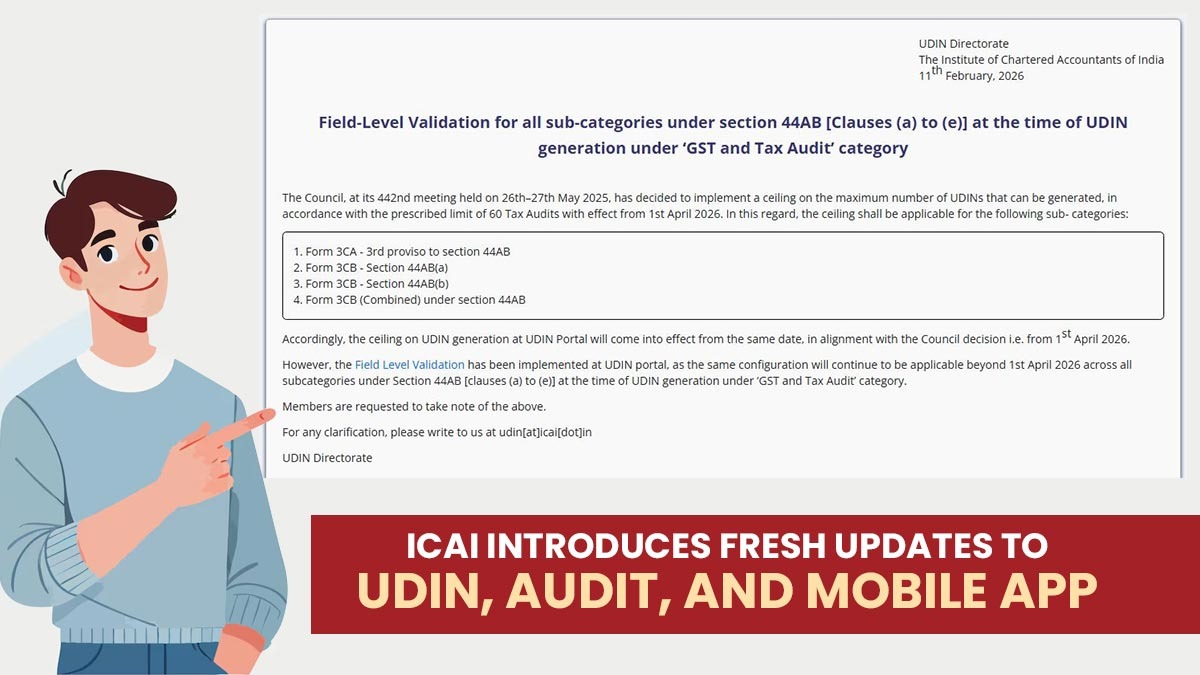

my private ltd co. the client has the turnover of Rs. 2.30 crore and paid-up capital 30 lakh in F.y 2016-17.whether CARO Applicable in F.y 2017-18
Check the following figures of FY 2017-18 to ensure that CARO is not applicable-
1) Paid up capital and reserve and surplus not more than 1 crore as on 31.03.2018.
2) Total borrowing not exceeding 1 crore from any bank and financial institution at any point of time during FY 17-18.
3) Revenue not exceeding 10 crores during FY 17-18.
Is CARO,2016 is applicable to Cooperative sugar factory if it fulfils the other conditions?
Turnover of one of my client’s Private Limited company is Rs 2.30 crore during FY 2016-17, is CARO applicable ? Is cash flow statement to be prepared along with accounts ? Please reply thank you
If other conditions are not satisfied then CARO is not applicable in your case since turnover is less than Rs. 10 crores.
“Sec 143(11) of the Companies Act, 2003 requires that the auditor’s report of specified companies should include a statement on the prescribed matters. These reporting requirements have been prescribed under the Companies(Auditor’s Report) Order, 2016” – it is not Companies Act, 2003. it is 2013.